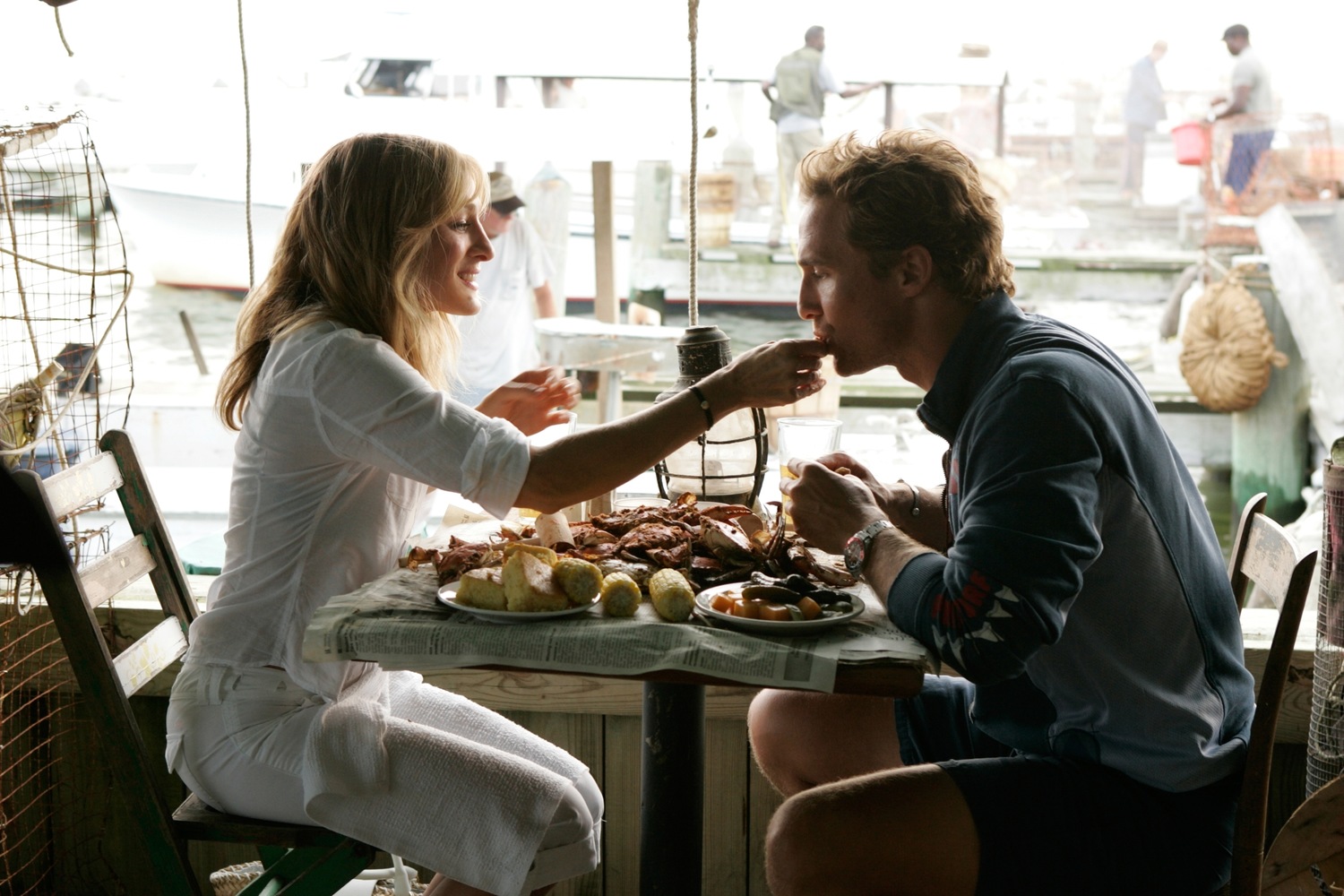The fewer days left until summer, the more urgent the question arises: how to lose weight quickly after prolonged cold weather? And as a rule, the key word here is “fast”. Agree, few people want to put in the effort and build a long-term and healthy relationship with food when they need to get in shape as quickly as possible. But there are effective and safe diets that can help in this case.
Thanks to trends 20 years ago, any dietary restrictions are associated with the public pages “40 kg” and “Typical anorexic”, which popularized diets based on water, kefir or apples. But this is all in the past. Nowadays, when every body is considered beautiful, it does not seem possible for fasting to become fashionable again. Now even diets have become environmentally friendly. Let’s talk about one of them.
Mediterranean nutrition has become one of the most discussed topics in recent months. They say that such a system is ideal for people who are afraid of fasting. Rest assured, you definitely won’t be able to starve, but the results won’t take long to come. Together with Olga Chukhacheva, endocrinologist and nutritionist at the DocMed network clinics, we will understand what kind of diet this is and whether it really has a wonderful effect.
Where did the Mediterranean diet come from?
In general, the first mention of the Mediterranean diet appeared in the 1975 book How to eat well and stay healthy the Mediterranean way by biologist Ancel Keys and his wife, chemist Margaret Keys. The book was written based on the results of their research on the French paradox: the relatively low risk of cardiovascular disease in the French despite the high amount of fat in their diet.

The Mediterranean diet is based on the traditional foods and dishes of France, Italy, Spain and Greece. The emphasis is on plant foods and healthy fats. And it does not provide definitive standards for every product.

This is a flexible diet that can be easily adapted to your needs. But for meat lovers, the diet can be difficult to follow because Mediterranean traditions still focus more on fish and seafood.
What can you eat while following the Mediterranean diet?
The Mediterranean diet is not a diet in the conventional sense with a clear list of allowed and prohibited foods. Rather, it is a set of dietary rules that most Mediterranean residents follow. Here are the basic principles of such a diet.
High amounts of unsaturated fat. Its main sources are olive oil, sea fish and seafood, and hazelnuts.
Abundance of fiber-rich foods. For example, vegetables and fruits, legumes, grain products (pasta and bread, which are generally avoided in the modern diet). But most of the fiber comes from vegetables and dark leafy greens (spinach, arugula). The recommended amount of vegetables, herbs, fruits and berries in the diet is at least five servings per day; One of these servings is equal to the size of a fist.
Few foods containing added sugar (sweets, sweets) and high processing (sausages, sausages).
Small amounts of red meat and dairy products. Most Mediterranean people consume cheese or yogurt, which are rich in saturated fat.
Moderate or no egg consumption in the diet.
Limitations of the Mediterranean Diet

There are no strict prohibitions in the Mediterranean diet. But its full ratio of all food groups makes it high in fibre, unsaturated fat, slow-release carbohydrates, and low in added sugar, salt, saturated fat and alcohol.

How is this food beneficial?
Mediterranean style nutrition is considered one of the most preferred today. According to studies and analyzes in 2023, adherence to such a diet is associated with a decrease in mortality from all causes, including cardiovascular diseases, Parkinson’s disease, Alzheimer’s disease, certain types of cancer – colorectal cancer, cancer of the oral cavity and pharynx. , esophageal cancer, prostate cancer, breast cancer.
For whom is this diet contraindicated?
There are no clear contraindications to following the Mediterranean diet. However, as in other cases, precautions need to be taken. Even a large amount of vegetable oils, vegetables and fruits can harm your health if you abuse the recommendations.
Source: People Talk
I’m Roger Gritton, and I’ve been writing for the The Fashion Vibes for over 5 years now. My specialty is beauty news; I’m passionate about covering the latest trends, products, and innovations in the industry. In my time there, I’ve become known as an authority on all things beauty-related.
I love discovering new experts to interview, researching up-and-coming ingredients and techniques that are making their way onto our beauty shelves and highlighting people who are making a difference in the world of cosmetics. My work has appeared not only on The Fashion Vibes, but also several other publications including the New York Times Magazine, Allure Magazine and Refinery29.





